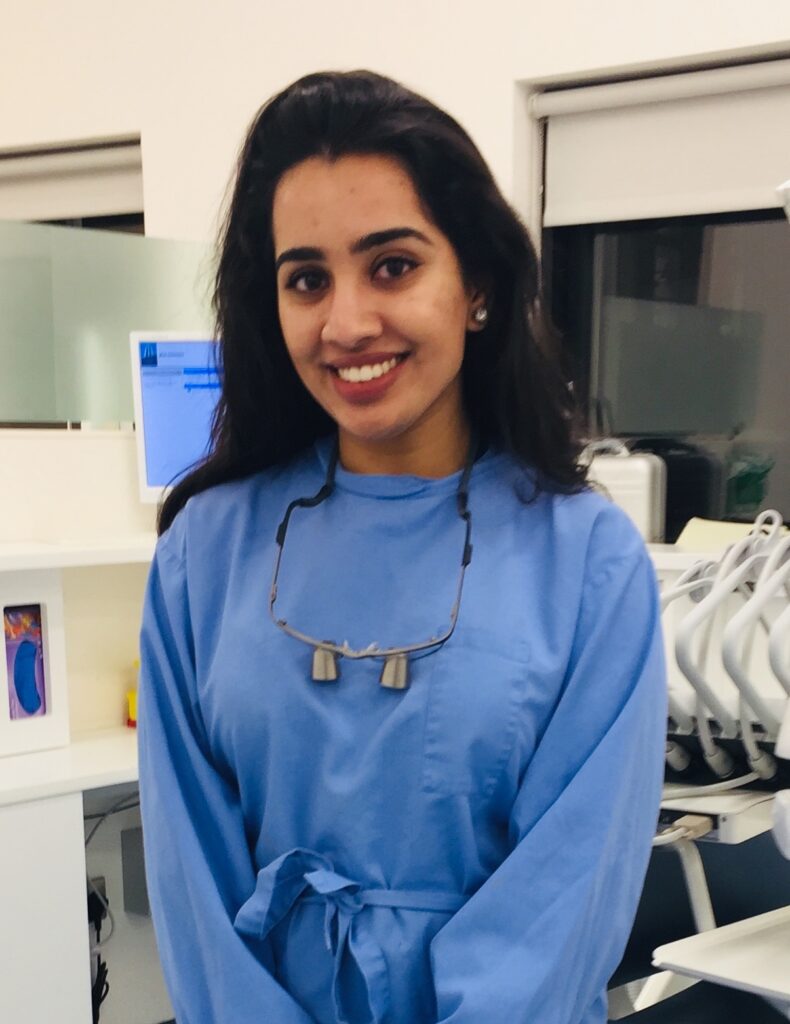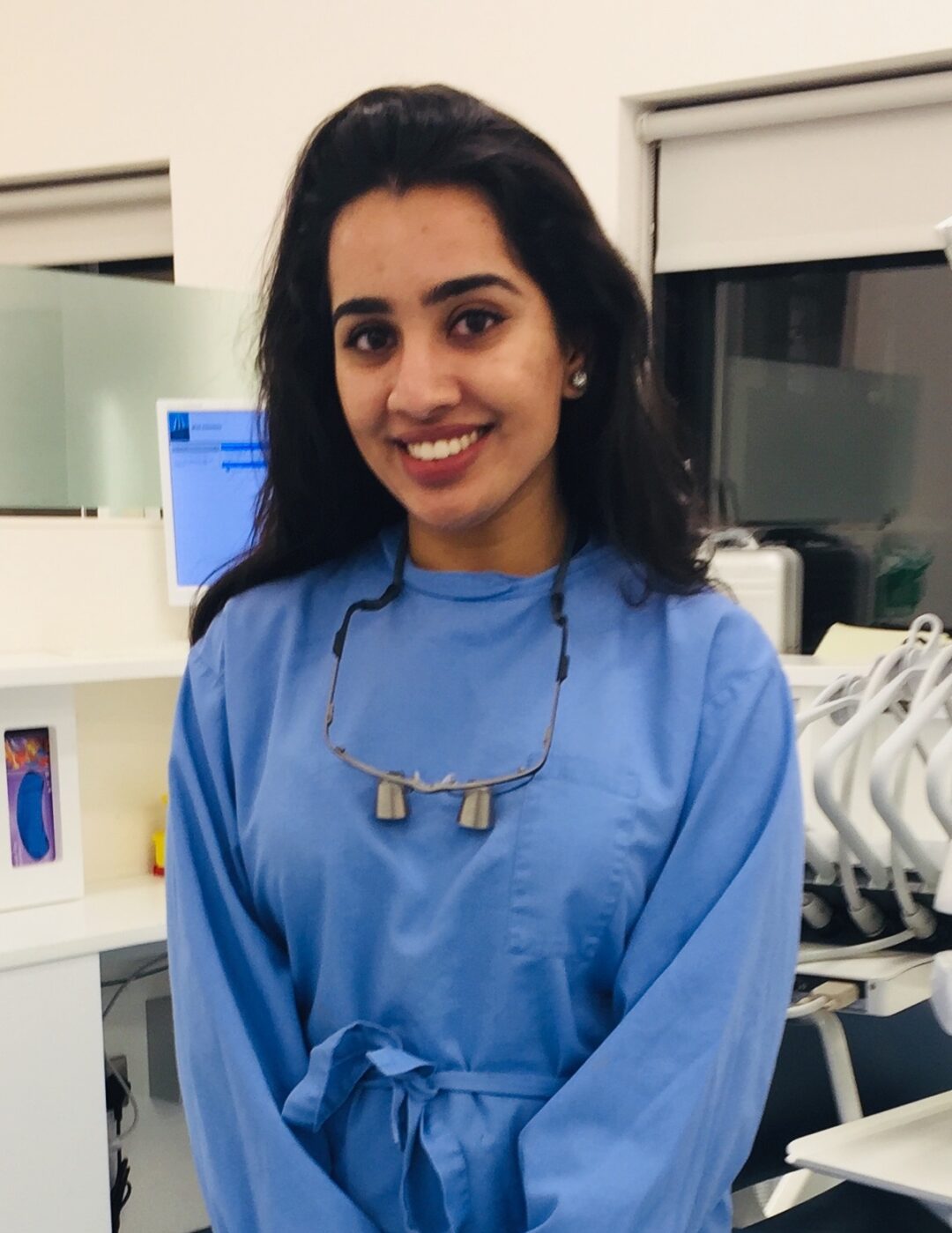Aavan K Matharu, fourth year BDS student, Trinity College Dublin, shares her advice on writing an effective and meaningful clinical reflection.

As we treat patients in dental school, we begin the process of learning, growing, and understanding the importance of patient management and care. This process comprises of a unique experience, specific to each patient and individual, and essentially contributes to the development of a clinician. One of the most important things to keep in mind after assessing patients and completing their treatment is a reflection, of which many of us must complete for our portfolios during dental school.
Carrying out a good clinical reflection becomes one of the many skills that are integral to the ongoing growth throughout one’s professional career. To help you understand the purpose of a reflection and how they are written, here are a few pointers I have put together to help you ace your portfolio or even help you deliberate on your clinical experiences.
- What is the purpose of a reflection?
The main idea behind a reflection is to understand what you did for the patient, why it was relevant, and what successes and challenges you had along the way. Each reflection is unique not only from a patient standpoint but also from a clinician’s perspective, and its importance lies in what you took away from the experience as a whole. When reflecting, think about how you felt during the procedure (was it stressful, was it rewarding), what you achieved, and what you struggled with or would change for next time. Giving yourself this opportunity allows you to better yourself, learn from your experiences, and overall, progress holistically as a growing clinical practitioner.
- Choosing a Model
Reflections can be structured using various types of models such as the DIEP model or the O’Driscoll model (what, so what, and now what). Most dental schools recommend these templates as it gives a reader/writer a simple, but well-rounded idea around what the reflection entails. As a student or clinician, the best way to choose a model is to select the one that best resonates with you and your thinking/writing style. This will help to guide your thought process while keeping your reflections on track and avoiding long, unnecessary essays.
- Avoid Explaining the Treatment
When writing a reflection, do not explain the entire treatment provided to the patient. Feel free to summarize the diagnosis and the treatment provided but do not describe how you performed the root canal, prepared a tooth for a crown prep, etc. Instead, explain how you had difficulties and successes while doing these procedures and how the procedures made you problem solve as a clinician. For example, if you completed a restoration, reflect on certain experiences (such as if the patient was nervous or had a limited mouth opening) and ask yourself questions like:
– How did you problem-solve?
– How did you communicate?
– Was there anything you did to make the patient more comfortable?
– What could you have done that could have made the experience better for you and the patient?… and so on.
- Make it Bespoke
Some patients come with many challenges whereas others are simple and straightforward. One thing all your patients have in common is that they are all helping you grow as a clinician. So, when reflecting/writing about each experience, be unique and genuine in the way you critique how each patient tested you and helped you flourish. No two patients are the same, and the way you treat patients, communicate with them, and take care of them will always be slightly different.
I hope these tips are useful to you during your portfolio write-up. Keep in mind that a reflection is all about how and why you did what you did but also what you could have done better from all aspects of the treatment. All the best!
Author bio

“I am a fourth-year dental student presently attending Trinity College Dublin. Over the past three years, I have developed a keen interest in Endodontics and Restorative Dentistry. With one year of dental school remaining, I would love to be able to expand my knowledge in regards to what these fields offer by performing research with specialists and attending relevant conferences.
Apart from dentistry, I enjoy drawing/sketching and immersing myself in astronomy and cosmology. I also adore traveling and visiting multiple countries within four different continents has given me the opportunity to appreciate new cultures, food, and languages.”
Aavan K Matharu
This student advice blog was originally published by FGDP(UK) in June 2021 and has been republished by the College of General Dentistry with the author’s permission.


